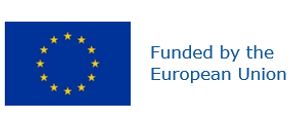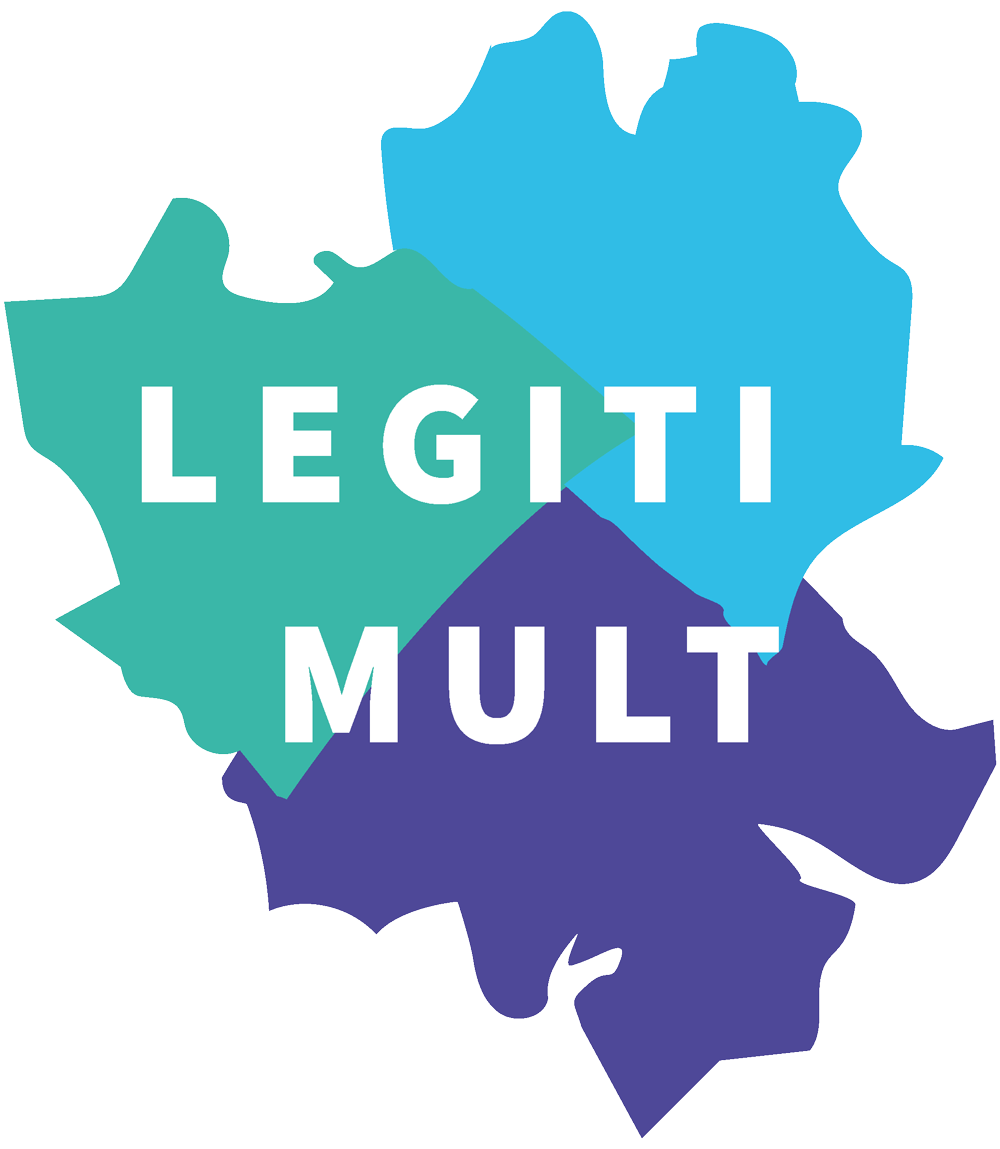Naziv projekta
Legitimate crisis management and multilevel governance (LEGITIMULT)
Nositelj projekta
ACCADEMIA EUROPEA DI BOLZANO (Eurac)
Web stranica projekta: legitimult.eu
Partneri
UNIVERSITETET I BERGEN (UiB)
UNIVERSITEIT LEIDEN (ULEI)
INSTITUTE For ETHNIC STUDIES (IES)
UNIVERSITEIT ANTWERPEN (UAntwerpen)
UNIVERSIDAD NACIONAL DE EDUCACION A DISTANCIA (UNED)
FREIE UNIVERSITAET BERLIN (FUBerlin)
SVEUCILISTE U ZAGREBU FAKULTET POLITICKIH ZNANOSTI (FPZG)
INTERNATIONAL INSTITUTE FOR DEMOCRACY AND ELECTORAL ASSISTANCE (IDEA)
Vrijeme provedbe
1/10/2022 – 30/9/2025
Program financiranja
Horizon Europe
Vrijednost projekta
2.994,887,00 EUR
Opis i ciljevi projekta
LEGITIMULT assesses the impact of the measures taken by various international, national and subnational governments on multilevel institutions and intergovernmental relations in the wake of the Covid-19 pandemic. The project analyzes the effect of these measures on democratic governance, highlighting to what extent multilevel governance influences their impact on democracy, favoring a model of legitimate crisis management. It assesses all measures taken by 31 European countries in relation to their impact on multilevel governance through the creation of a new dataset highlighting how these procedures link to multiple orders of governance – WHO and EU above the states, and regional and local governments below the national level. The impact of these measures is analyzed through the lens of a variety of dimensions that characterize functional democratic governance (Rule of Law and Democratic Participation; Human and Minority Rights; Trust; Economic Sustainability). LEGITIMULT qualifies the different tradeoffs required within and across these dimensions in order to effectively and quickly deal with a crisis such as Covid-19, while at the same time maintaining a level of democratic governance and ensuring that any limitations to democratic standards are limited. These final trade-offs within and between the different dimensions of democratic governance in crisis management are gathered in a set of policy recommendations, tailored to different recipients, and developed through extensive consultation with stakeholder groups throughout the project. Citizens, policy makers and practitioners are involved in the experimental phase of the project, where interactive learning and practical tools are tested but also co-designed and co-refined with relevant stakeholders in a participatory way. Policy recommendations and practical tools merge into a toolkit for legitimate crisis management, ready for use in possible future crises.
Nositelji aktivnosti na Fakultetu političkih znanosti

izv. prof. dr. sc. Ružica Jakešević (voditeljica)

prof. dr. sc. Siniša Tatalović

izv. prof. dr. sc. Đana Luša

izv. prof. dr. sc. Marta Zorko

 Pristupačnost
Pristupačnost